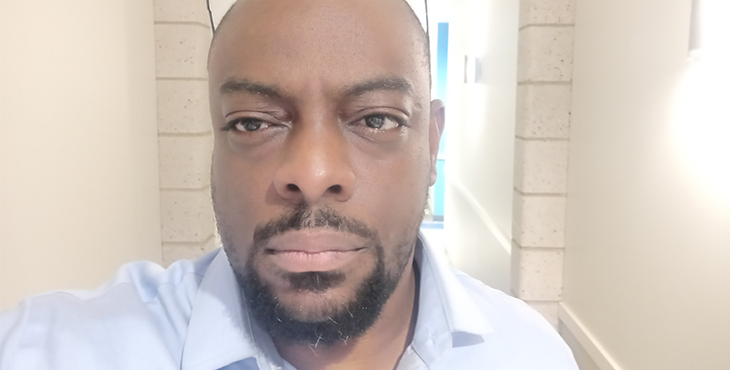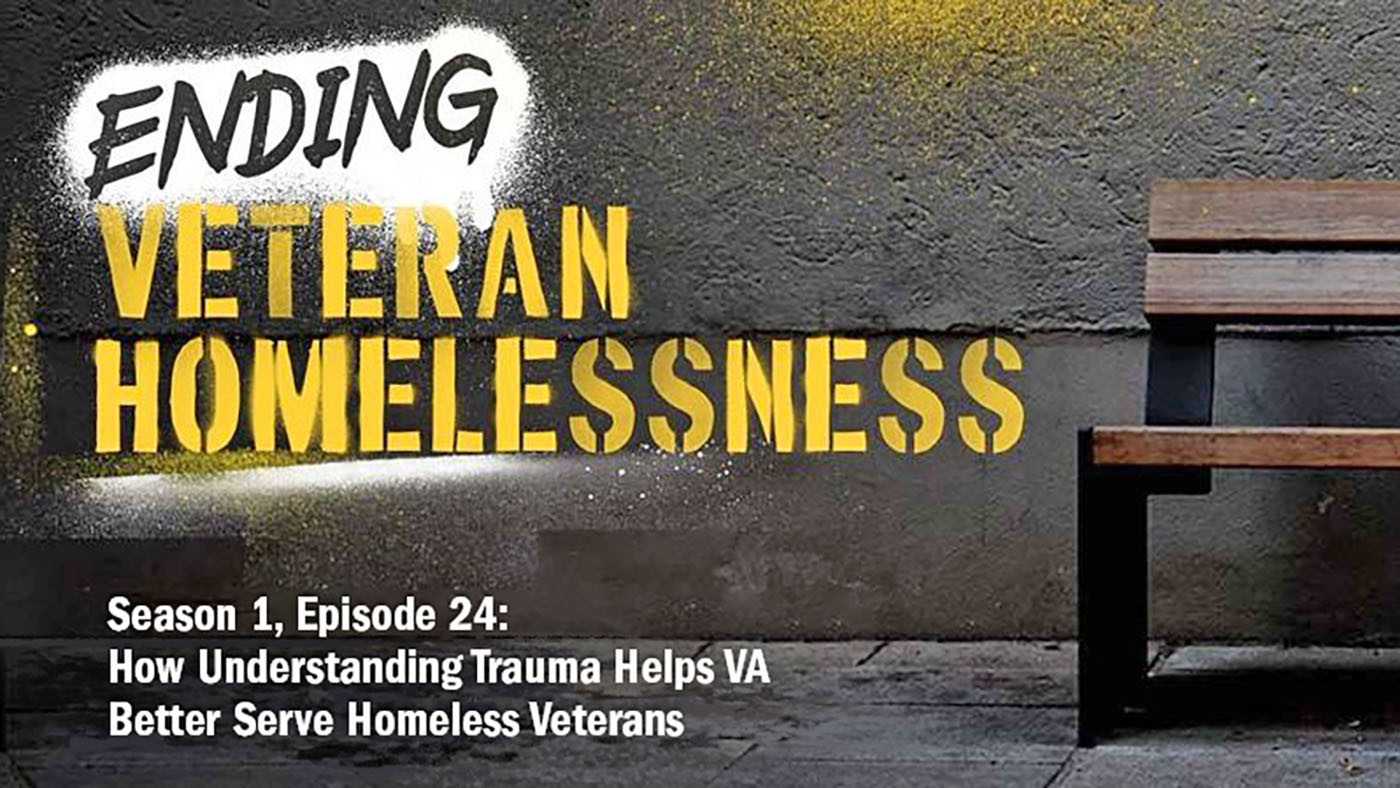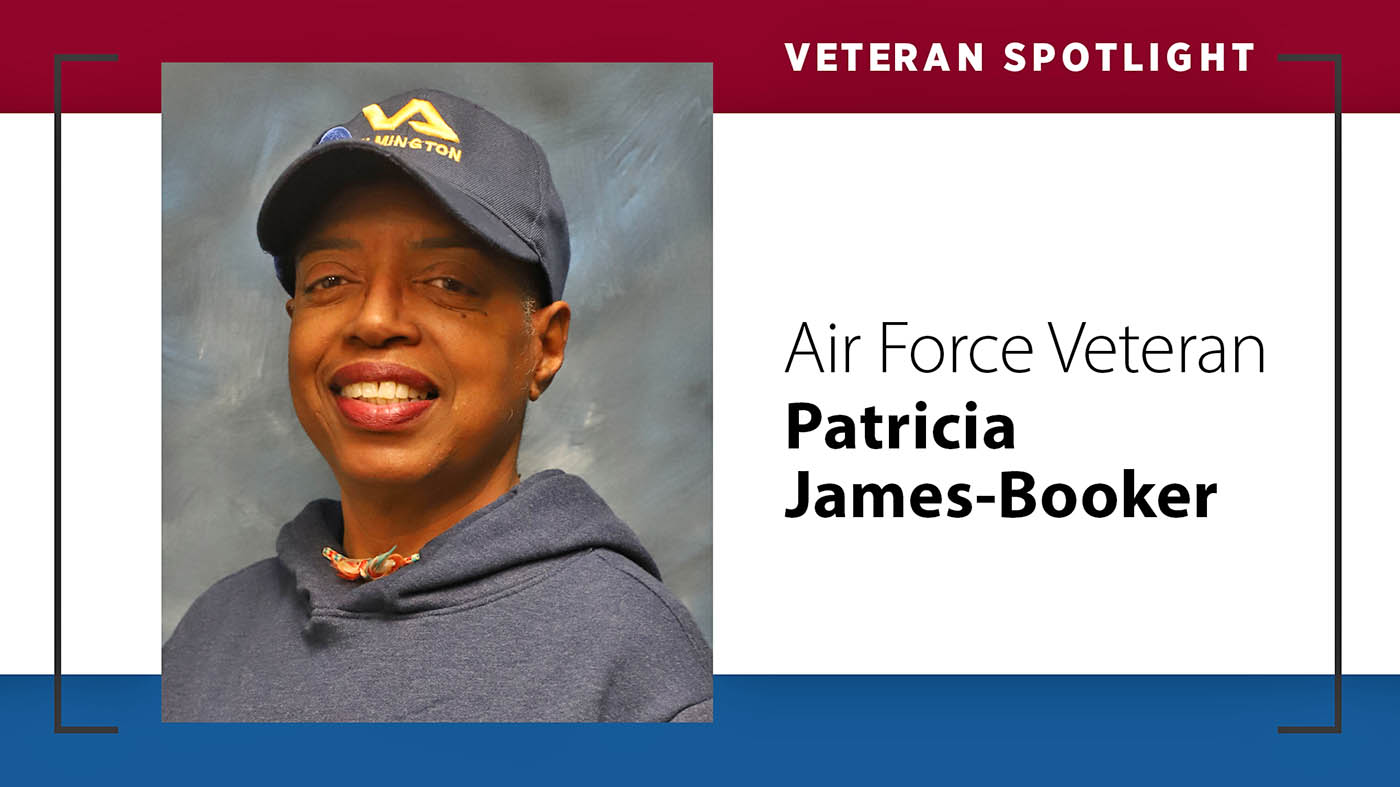In this guest post, Army Veteran Albert Alexander discusses working with VA to secure housing and economic stability for he and his family. The below was edited for style and clarity, but the voice is Alexander’s alone.
After leaving the Army, I was unable to find stable employment. Without steady income, my family and I were evicted from two residences and my car was repossessed. As I continued having trouble finding stable employment, we frequently moved, staying with various relatives and friends.
In 2016, I called the Veterans Crisis Line and was referred to a Community Resource and Referral Center (CRRC) at the Jesse Brown Veteran Affairs (VA) Medical Center in Chicago, where I secured a place at “A Safe Haven” Shelter. During that time, my wife and children remained in Indiana with a friend so our daughter could attend school there. Later, when I eventually got approved for an apartment under the U.S. Department of Housing and Urban Development-VA Supportive Housing (HUD-VASH) program, I returned to Indiana, reuniting with my family in our new home.
It was good to work with VA in finding a permanent home, because it had people who understood what I was going through as a Veteran. Once housed, I continued looking for employment but didn’t find any success. I went to the Jesse Brown VAMC to inquire about employment services for Veterans and was referred to Beatrice Smith-Redd, a community employment coordinator for Homeless Veterans Community Employment Services (HVCES).
More than a checkmark on a form
I found working with HVCES mentally and spiritually stabilizing. My employment coordinator had a way of talking to people that helped them develop and grow, sharing information in a way that was easy to understand.
Because of her, I didn’t feel like a checkmark on a form, but a person, met halfway and without judgement. I looked forward to calls from Mrs. Smith-Redd because I knew it meant I would move forward. She would not let me stagnate. She motivated me to keep going until I achieved my employment goal.
Mrs. Smith-Redd sensed my early frustration. I have dyslexia and didn’t want to create a resume. But she encouraged me to use my strength of verbally communicating information to develop my resume, limiting my writing to short periods of time. Her help inspired me to complete my part.
In November 2020, when so many people were losing their jobs due to the pandemic, I finally found a job. It took longer than I thought, but I am here. I’m a business services representative for a nonprofit organization named “Of Color.” I help homeless Veterans become job ready. I like to help people – this job empowers me, and I can do things for people that are measurable. I can help them right now. My boss values my perspective and my experience, which makes me feel great.
Achieving economic stability and empowerment to give back
I’m now able to provide for my family. We have ordered pizza twice, we’re repairing our credit, and we can now plan and make a budget. Where we once needed money to even have a budget, now it feels good not worrying about going into the negative. I don’t have to ask friends or family for money. We do things as a family now. I was able to buy items for my daughter to enter an art contest. I can buy nice things for my wife and children instead of going to the dollar store, walking miles to food pantries for food or relying on charity for essential items.
I once wore a suit and rode a pink girl’s bike looking for work, before I found out about the programs at VA. I tried to stay in a positive spirit and not despise my situation. I feel validated now.
Going forward, I’ll continue working on my own non-profit for Veterans, “A Special Place for Veterans,” and I plan to partner with government agencies to make it easier for Veterans to access the benefits and services they have earned. I would also like to write and publish, to discuss how I overcame dyslexia, homelessness and other adversities. Our society expects men to not feel, to not hurt, to not break, and to not fail. But men are human beings, too. I want other men to know that it’s okay to feel, that it’s okay to sometimes need help.
I’m grateful for the help from Jesse Brown VA, and now I’m going to give back. I’m going to help as many Veterans and their families as possible, just like they helped me.
More Information
- For more information on the HUD-VASH program, visit VA’s HUD-VASH program site.
- Check out VA’s Get Involved page to learn how you or your organization can help.
- Veterans who are homeless or at risk of homelessness should contact the National Call Center for Homeless Veterans at 877-4AID-VET (877-424-3838).
Albert Alexander is a former administrative sergeant in the United States Army and current business services representative for non-profit “Of Color,” where he works to secure employment opportunities for homeless Veterans.
Topics in this story
More Stories
A unique program at Boston VA uses the principles of trauma-informed care to serve homeless Veterans with empathy and understanding.
An Air Force Veteran and volunteer faced homelessness but found housing with help from VA.
Navy Veteran Tim Healy could be serving a life sentence. Given a second chance, he now helps other justice-involved Veterans.







Mrs Reed is awesome. And obviously she is one of the few that actually work at Jesse Brown. Its a shame because so many Veterans need help but the management are all maga and are just there for a check. Mrs Reed has stories almost every other month where she helps others. But what are the rest of them doing?